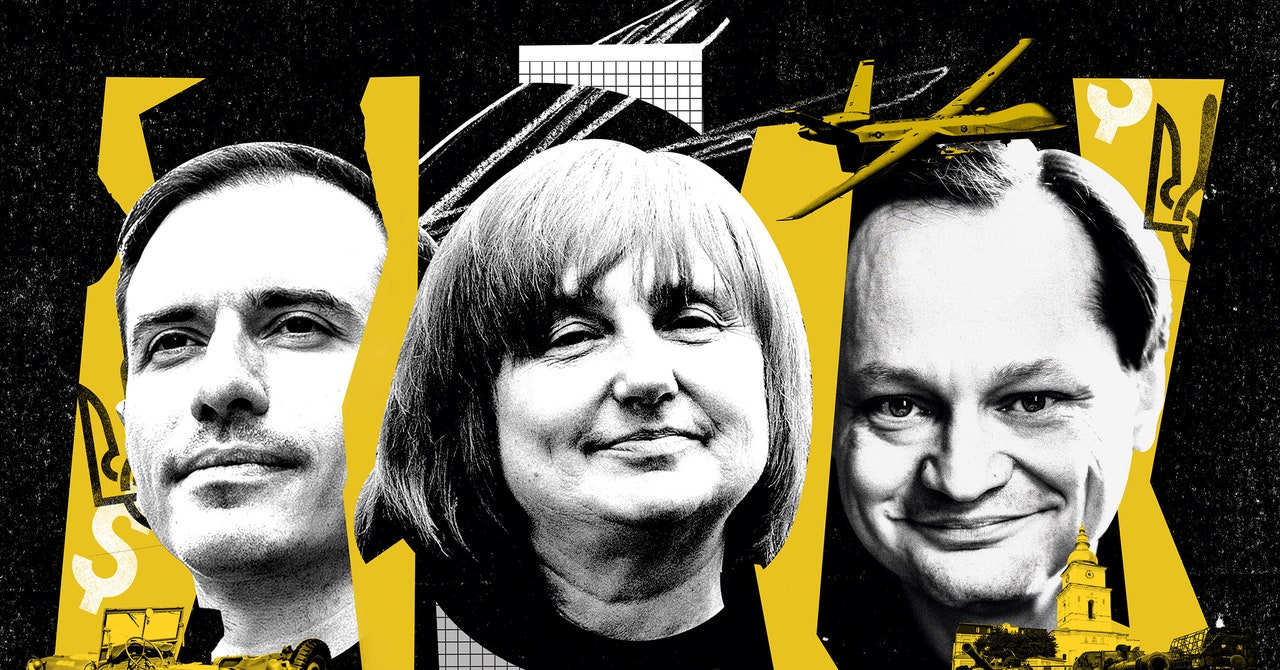That spring, Ukraine raised volunteer battalions, some of which were directly linked to the self-defense units formed in Maidan. They were still ill-equipped, so they relied on other volunteers to supply them with basic necessities – food, uniforms, medicine, vehicles – even weapons. “The volunteers essentially replaced the government’s function of providing the necessary resources,” said Roman Makukhin, a member of the National Interests Advocacy Network, a Kiev-based NGO. “Essentially protecting their neighbors, their friends, their brothers and sons.”
Oksana Mazar and Lyuda Kuvayskova, the founders of Front Line Kitchen, met while sewing camouflage nets and balaclavas for the volunteer detachments. Many of their friends, and Kuvayskova’s son, had been to Maidan. “The war had begun, even though it was not talked about as if it were a war,” says Mazar. “We just wanted to help, because the boys had nothing. No clothes, no shoes, and no food, because it wasn’t [officially] a war.”
Oksana Mazar co-founded the Frontline Kitchen in the aftermath of the Euromaidan demonstrations, to support Ukraine’s self-defense units. Since the Russian invasion, the kitchen produces 20,000 meals a day.Illustration: Mark Harris
They began cooking meals for soldiers and experimenting with ways to turn homemade borscht and holubtsi (cabbage rolls) into food parcels that would survive the 1,000-kilometer journey to the Donbass, usually in the back of cars or trucks after being handed over to anyone heading that way. go. The cooks worked in small groups, drying food in friends’ kitchens before moving to their current premises. They raised enough money to buy their own dryers and gradually expanded. After the full-scale invasion began, the front yard of the kitchen was filled with volunteers and people bringing supplies. “They knew we were doing food for the army and they wanted to help,” says Mazar.
With 1 million Ukrainians mobilized to fight the Russians, the need has skyrocketed. The kitchen now prepares 20,000 meals a day, sends food trucks east and takes orders directly from the military. To scale up, they depended on donations, often from the @frontlinekit Twitter account. The account is run by Richard Woodruff, who came to Ukraine from the UK early in the war with the intention of joining one of the international brigades in the Ukrainian army, despite having no military training. After seeing footage of Kiev’s relentless defense, “I’ve reconsidered my chances of survival a bit,” he says. Instead, he arrived at Lviv train station a few weeks after the full-scale invasion began and quickly found his way into the kitchen.

